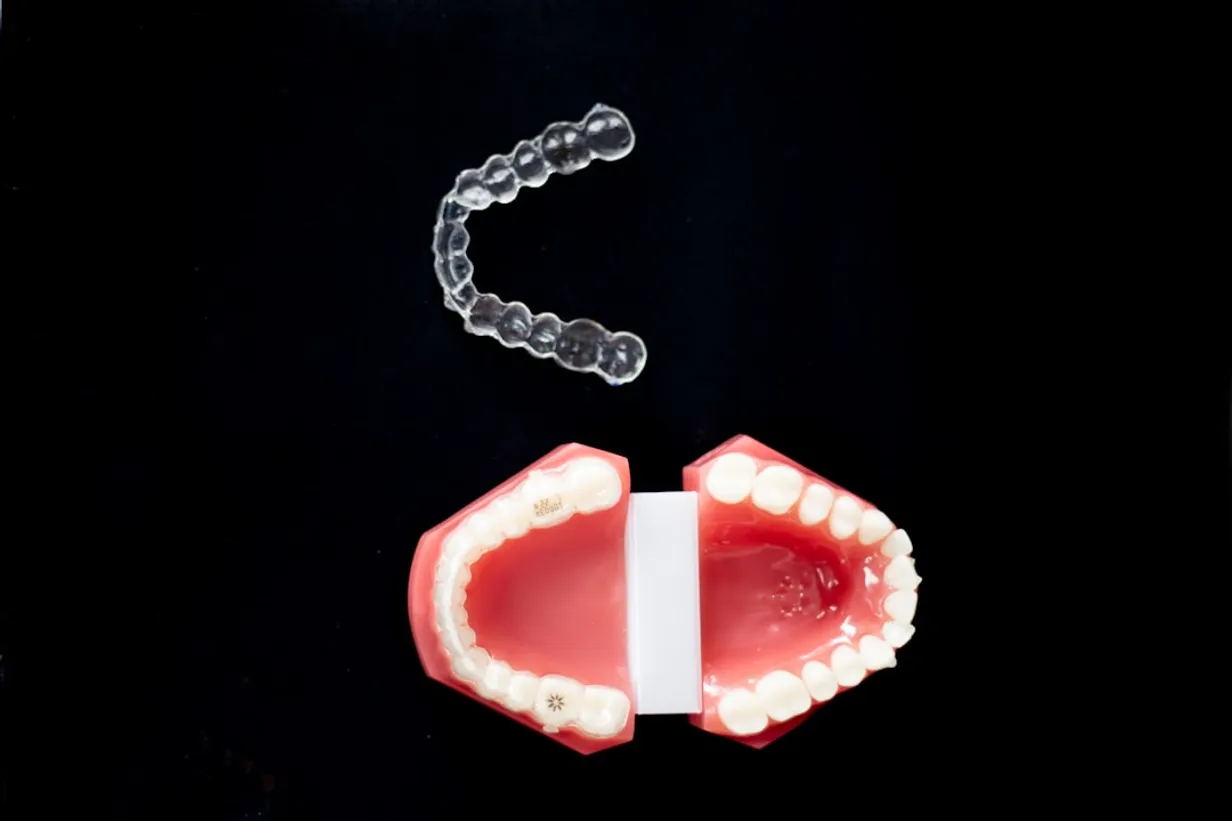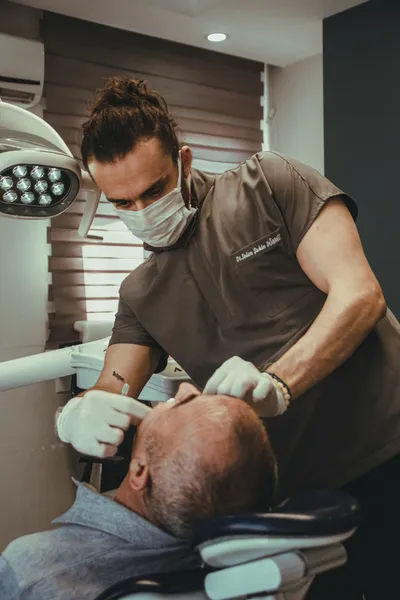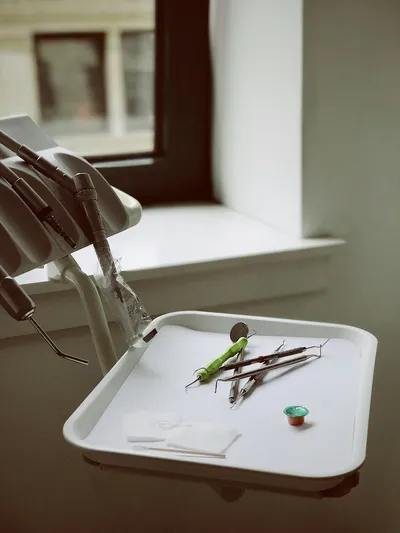The Power of Mouthguards: Safeguarding Your Smile From Sports Injuries

The Importance of Mouthguards
Participating in sports is a great way to stay active and healthy, but it's important to protect yourself from potential injuries. Dental injuries are common during sports activities, and one of the most effective ways to prevent them is by wearing a mouthguard.
A mouthguard acts as a cushion, distributing the force of impact and reducing the risk of broken teeth, cut lips, and more severe injuries such as jaw fractures. Whether you're involved in contact sports or activities with a risk of falls, a mouthguard is an essential piece of protective gear.
Types of Mouthguards
Stock Mouthguards
Stock mouthguards are pre-formed and ready-to-wear. They are typically the most affordable option available at sporting goods stores. However, they offer the least amount of protection and comfort due to their generic fit.
Boil and Bite Mouthguards
Boil and bite mouthguards provide a semi-custom fit. They are made from thermoplastic material that softens when boiled. After boiling, you bite into the mouthguard to shape it to your teeth. These are more comfortable and protective than stock mouthguards but still may not offer a perfect fit.
Custom-Fitted Mouthguards
Custom-fitted mouthguards are made specifically for your mouth by a dental professional. They offer the highest level of comfort, protection, and durability. While they are more expensive than stock and boil-and-bite options, the investment is worthwhile if you frequently participate in sports.
Benefits of Wearing a Mouthguard
Wearing a mouthguard provides numerous benefits beyond just protecting your teeth. Here are some key advantages:
- Prevention of Soft Tissue Injuries: Mouthguards can prevent cuts and bruises on your lips, cheeks, and tongue.
- Jaw Protection: They help absorb the shock of a blow, preventing jaw fractures and TMJ (temporomandibular joint) injuries.
- Reduced Risk of Concussions: By cushioning the impact, mouthguards can reduce the risk of concussions during high-contact sports.
- Cost Savings: The cost of a mouthguard is minimal compared to the potential expenses of dental repairs and medical treatment for severe injuries.
How to Care for Your Mouthguard
Proper care and maintenance of your mouthguard are essential for ensuring it remains effective and hygienic:
- Rinse Before and After Use: Rinse your mouthguard with cool water before and after each use.
- Clean Regularly: Use a toothbrush and mild toothpaste to clean your mouthguard daily.
- Store Properly: Keep your mouthguard in a sturdy, ventilated container when not in use.
- Avoid Heat: Do not expose your mouthguard to direct sunlight or hot water, as it can warp the material.
- Check for Wear and Tear: Regularly inspect your mouthguard for signs of damage and replace it if needed.
Conclusion
Incorporating a mouthguard into your sports gear is a simple yet effective step in preventing dental injuries. Whether you choose a stock, boil and bite, or custom-fitted mouthguard, protecting your smile should always be a priority. Consult with your dentist to determine the best type of mouthguard for your needs and ensure you're safeguarding your dental health during physical activities.
Top Dental Health Articles
Discover our most popular dental health articles, featuring expert advice that our readers rely on.



